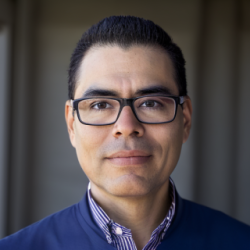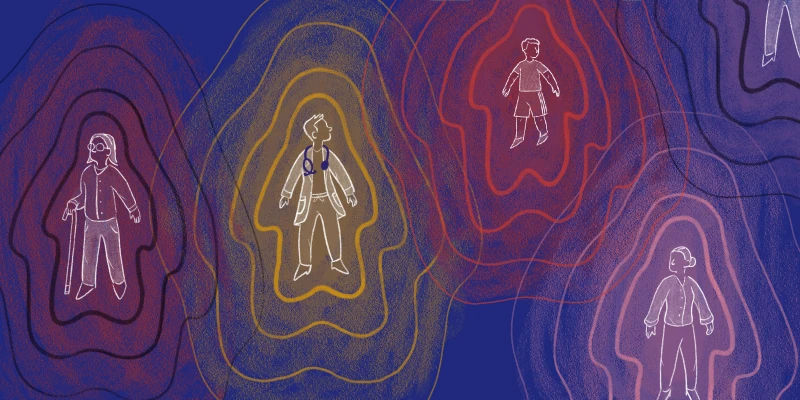On the opening morning of ENDO2024, the spotlights illuminated the podium on the main stage as a sea of attendees eagerly anticipated the planned session on the addition of T3 to the management of patients with hypothyroidism.
In the hour and a half to follow, two preeminent figures in the field would lock horns in a high-profile debate: T3 or not T3. Dr. Antonio Bianco, from the University of Chicago, took the stage first to present the “pro” argument, bringing forth data from animal models, clinical studies, and large datasets to show that treatment with T4 (levothyroxine) does not normalize all aspects of thyroid hormone action, that some patients on levothyroxine continue to have symptoms despite seemingly adequate therapy, and that the additional of T3 (liothyronine) can be of physiologic and symptomatic benefit. The cherry on top were data from randomized, controlled trials showing that roughly 50% of study subjects identified a preference for combination T4+T3 therapy over placebo or levothyroxine alone, even when blinded to what they were receiving. With many in the audience surely convinced at this point, we would soon hear the rebuttal.
Outside the main stage on the third floor of the convention center, located in the Seaport District, large windows offer sweeping views of downtown Boston, the North End, and ships under sail slowly headed out to Boston Harbor or beyond. The Seaport is a short trip from the airport, numerous hotels, and restaurants, and in June, there were also outdoor markets, craft sales, and beer gardens in the walkable area, making it a great conference venue with good times to be had away from the conference hall.
Inside ENDO24, there was always an inspiring enthusiasm to soak in new knowledge and understanding, but frequently, there was a hint of anxiety in the air. One of the toughest aspects of every Endocrine Society annual meeting is figuring out just which talks to attend. Yet another issue is getting to see the sessions you want! In previous years, full rooms have meant that attendees could be shut out of desired sessions. One of the best improvements to the conference was copious overflow rooms that increased access to the content. More than any other conference that I attend, I benefit from planning my meetings in advance and prioritizing what topics I am interested in. My tactic is to focus on particular areas — e.g., bone, diabetes, gender-affirming care, pituitary — and bring up my knowledge on that topic.
In the battle for T3 addition, D. Simon Pearce, from Newcastle University, admirably performed as an advocate for the “con” side. He made the familiar — but crucial — point that in patients with hypothyroidism who have unresolved symptoms, those symptoms may be due to other causes. But what about Dr. Bianco’s preceding statements? Dr. Pearce addressed this head-on. What about clinical trials showing objective improvement with the addition of T3 therapy? There are more that showed no benefit. What about the preference that many blinded subjects have expressed toward T4+T3 combination therapy? There are reasons to think that blinding may not always have been possible. By the end, a reasonable argument had been made that we should think twice before prescribing T3 to our dissatisfied hypothyroid patients.
After the presentations, a spirited and entertaining back and forth ensued, highlighting the data and the uncertainties in the ongoing question of whether T3 should be given. Even more lively was the Q&A. Kudos to the two moderators, Dr. Benjamin Gigliotti (University of Rochester) and Michelle Rengarajan (Massachusetts General Hospital), for moderating the incoming barrage of queries and quandaries that the audience had. When it was all said and done, it seemed like the goals of the session had been accomplished.
And yet afterward, a few people I talked to voiced disappointment. Perhaps there had not been the hoped-for simple answer that T3 therapy should either be embraced or abandoned. Rather, both speakers agreed that the addition of T3 to levothyroxine therapy for patients with hypothyroidism should be cautiously considered and utilized in appropriate cases after discussing the expected benefits and possible risks.
Should we be using T3 for patients with hypothyroidism? Like many clinical questions, the answer remains: it depends, at least until the next debate.
Dr. Trevor E. Angell, MD is a thyroidologist and Associate Professor of Clinical Medicine at the Keck School of Medicine of USC in Los Angeles, California. He has no conflicts of interest to report.
Image by DrAfter123 / GettyImages







